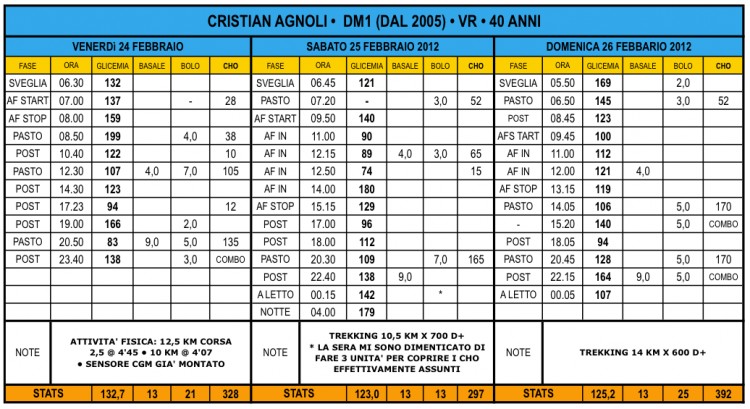

An adequate dietary intake is particularly important in young athletes, since deficiency may delay development, disturb growth and muscle development, and affect performance (Rankinen et al., 1995 Weimann et al., 1999). Soccer training and competition result in increased energy and protein requirements that must be accompanied by an increased energy intake to sustain performance (Bangsbo, 1994 Clark, 1994 Lemon, 1994). Further studies with uniformed methods are needed, in order to reduce the degree of under-reporting, obtain reliable data on the dietary intake of young soccer players and evaluate the efficacy of targeted nutrition education programs. This study emphasizes that under-reporting is a critical issue in the evaluation of young athletes dietary intake, which should be considered in the interpretation of data, particularly when energy inadequacies are reported. The degree of under- reporting of the young soccer players was in line with the available data on this age group. It was ≤ 80% in 27 subjects (62.8%) at T0 and in 23 (53.4%) at T1 it reached 50% in 4 subjects both at T0 and T1. The average EEI/EEE ratio was 0.75 + 0.2 both at T0 and T1. Reported mean daily energy intake was significantly lower than mean estimated daily energy expenditure both at T0 and T1 (p < 0.001). No significant weight changes were documented between T0 and T1 and in the two weeks preceding both T0 and T1. Forty- three subjects, whose food records were judged accurate enough both at T0 and T1, were included in the data analysis (inclusion rate 57.3%). Under-reporting was assessed by the ratio of reported estimated energy intake (EEI) to estimated energy expenditure (EEE).

Seventy-five male high level soccer players (age range: 15-17 years) completed 4-day food records on two separate occasions (T0 T1, 3 months after T0). The purpose of this study was to assess the dietary intake of a sample of young male Italian high-level soccer players on two time points to evaluate the degree of under- reporting. Nevertheless, in the majority of studies assessing the nutritional intake of young soccer players under-reporting has not been taken into consideration. It is recognized that much of the dietary data on adolescents and athletes is prone to reporting error, mostly through under-reporting.


 0 kommentar(er)
0 kommentar(er)
